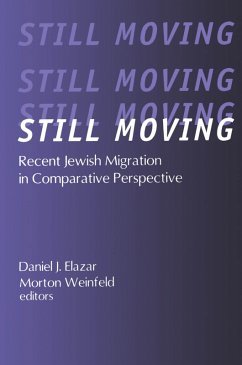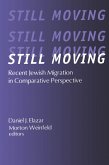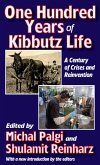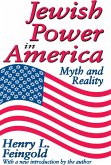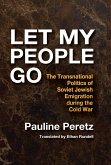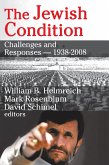The aftermath of World War II was a period of massive Jewish migration. More than a million Jews came to settle in the new state of Israel; hundreds of thousands moved to North America, Australia, and France, while tens of thousands resettled themselves elsewhere in Europe and the world. Emigration was, in turn, paralled by large-scale movement among second-generation Jews from the great urban centers to the suburbs. Until recently it has seemed as though the Jewish people had, in the words of the Bible, reached a situation of rest and landed inheritance. However, there is considerable evidence that Jews are still moving: from the former Soviet Union, to and from Israel, and within nations where they have been long resident. Still Moving examines the causes and character of contemporary migration in Israel and throughout the Diaspora.The contributors to this volume adopt a cross-cultural comparative approach. Part 1 establishes the context of the new migration globally with specific concentration on its effects on the institutions of Israeli democracy. Part 2 surveys immigration to Israel in the 1990s with particular emphasis on the wave of Russian emigres since the fall of the Soviet Union. Internal migration from rural to urban centers is also explored. Migration to the Diaspora is covered in part 3. The Jewish identity of Soviet Jews is compared to their American and Canadian counterparts. Economic performance and problems of multigenerational families among emigres are also treated, as are the controversies surrounding politically motivated emigration from Israel. Part 4 focuses on the changing nature of the Diaspora and its relations with Israel. Beyond its grounding in Jewish culture and history, Still Moving frames questions that are central to understanding contemporary migration in general: Does immigration accelerate or retard the abilities of host countries to restructure economically? How does greater ethnic diversity affect the social and cultural life of cities? What factors help immigrants integrate into the wider community? Does immigration contribute to the creation of a marginalized underclass? Still Moving will be essential reading for historians, sociologists, Jewish studies specialists, and policy analysts.
Dieser Download kann aus rechtlichen Gründen nur mit Rechnungsadresse in A, B, BG, CY, CZ, D, DK, EW, E, FIN, F, GR, HR, H, IRL, I, LT, L, LR, M, NL, PL, P, R, S, SLO, SK ausgeliefert werden.

